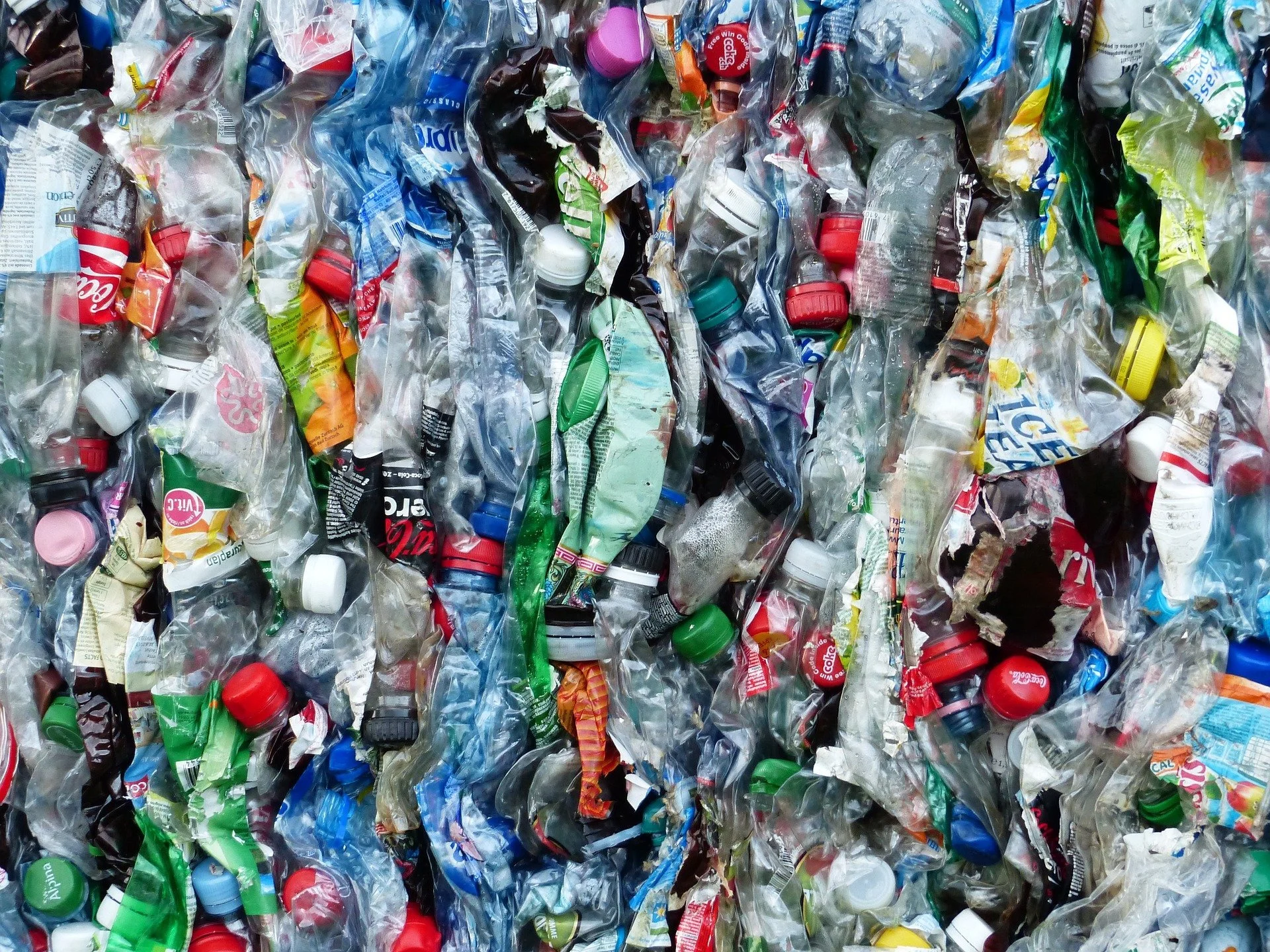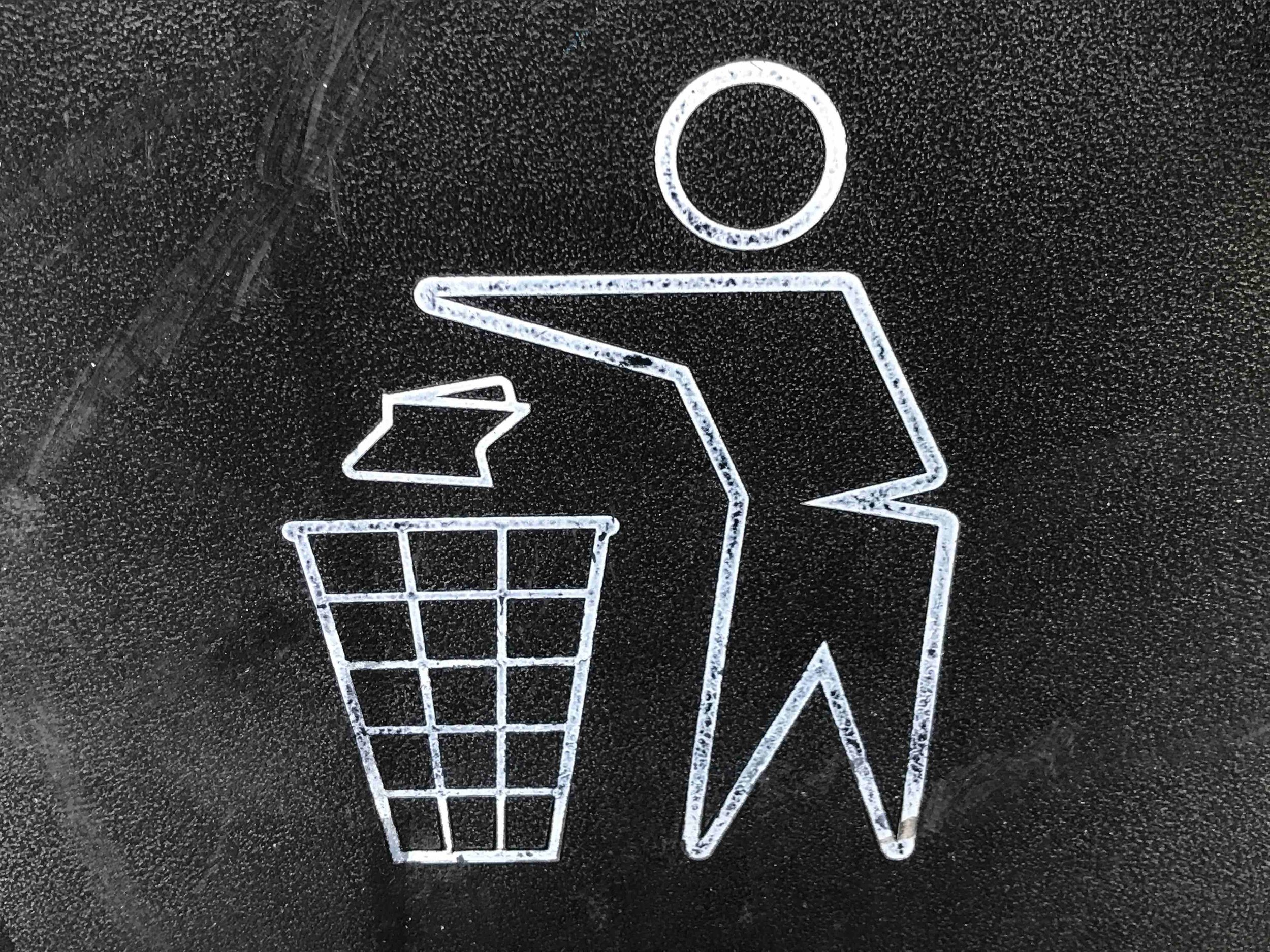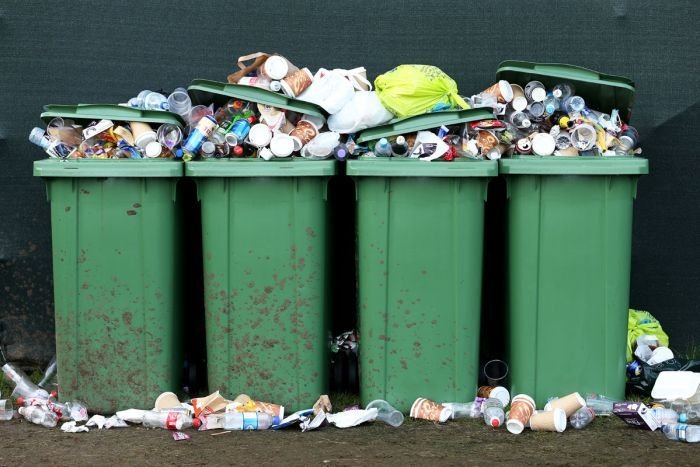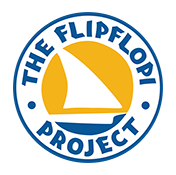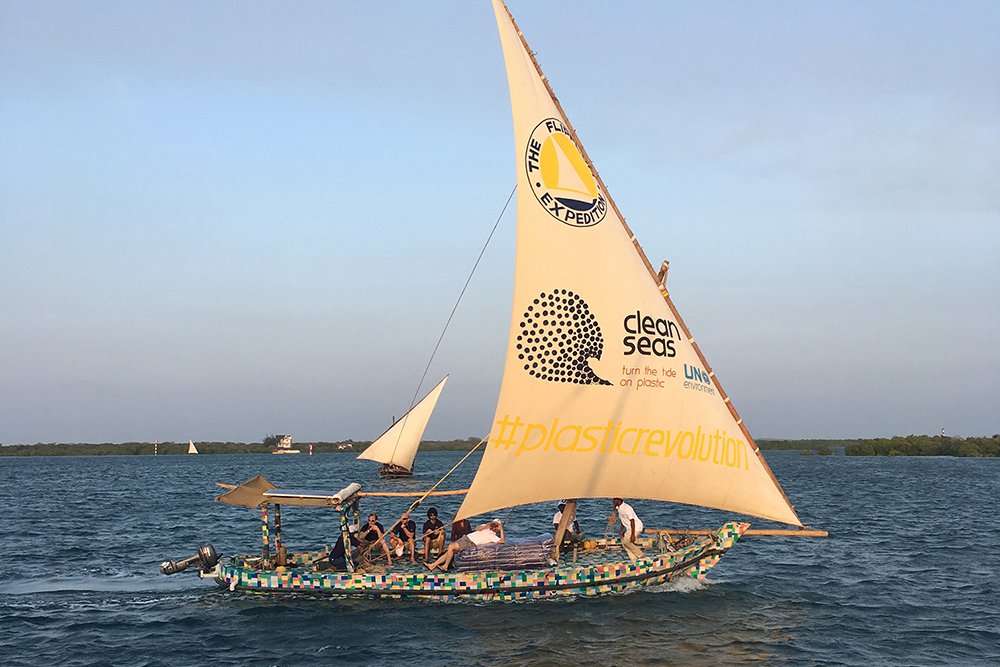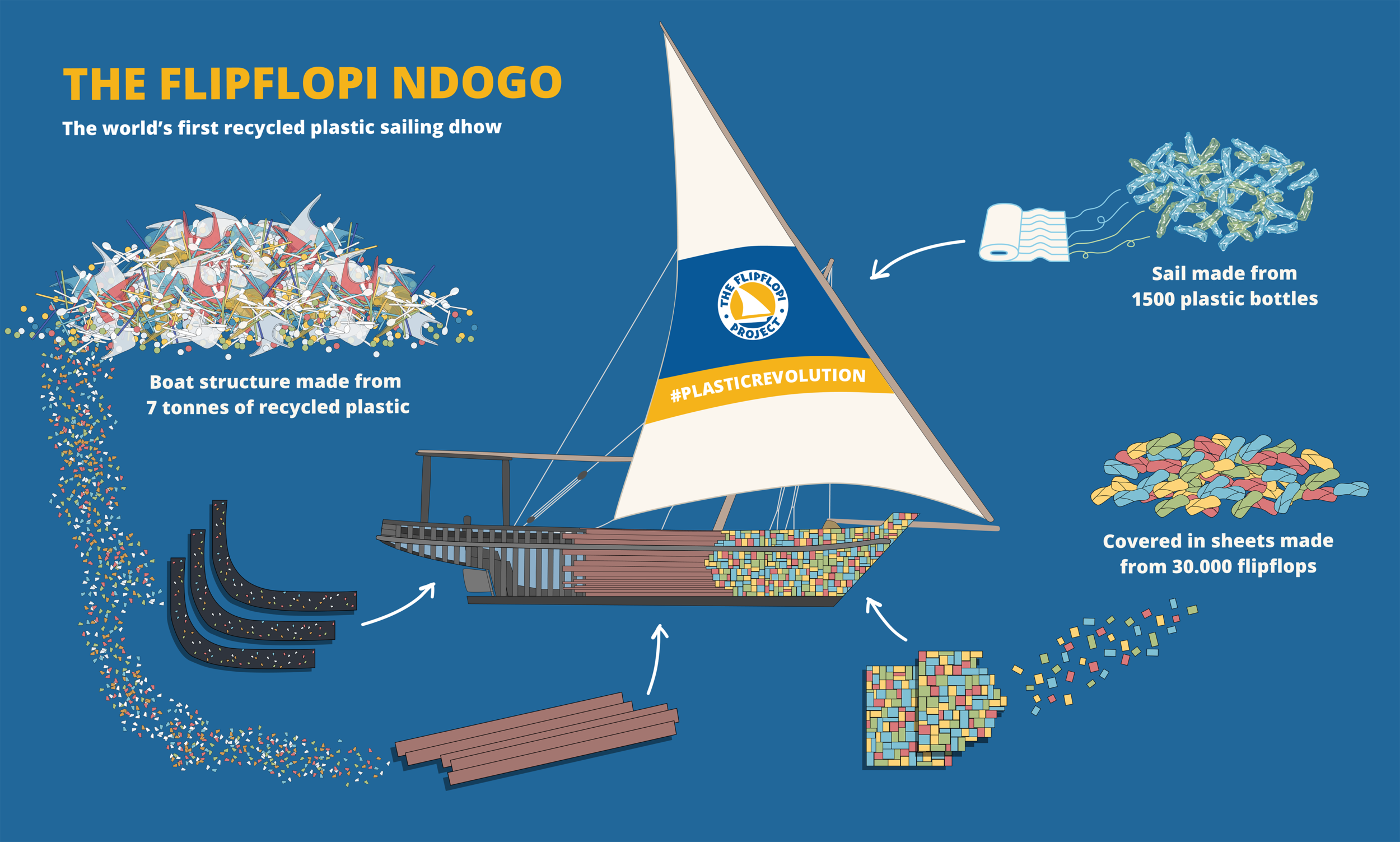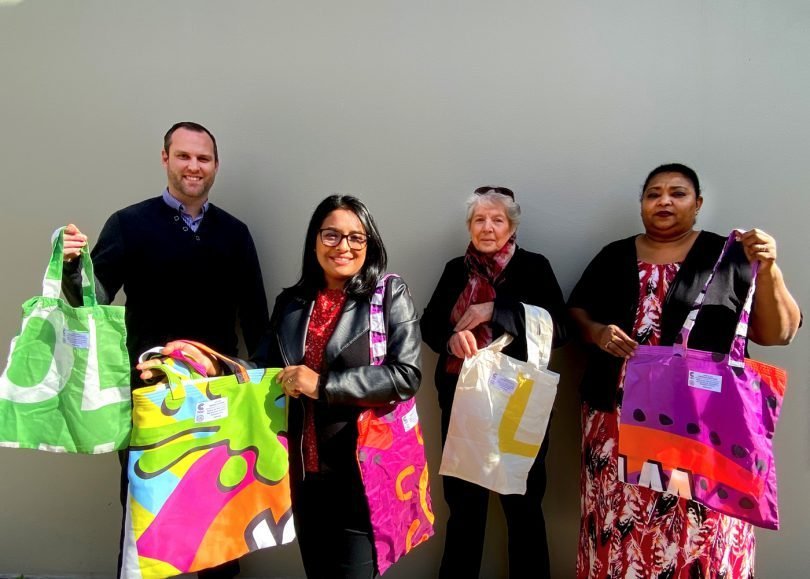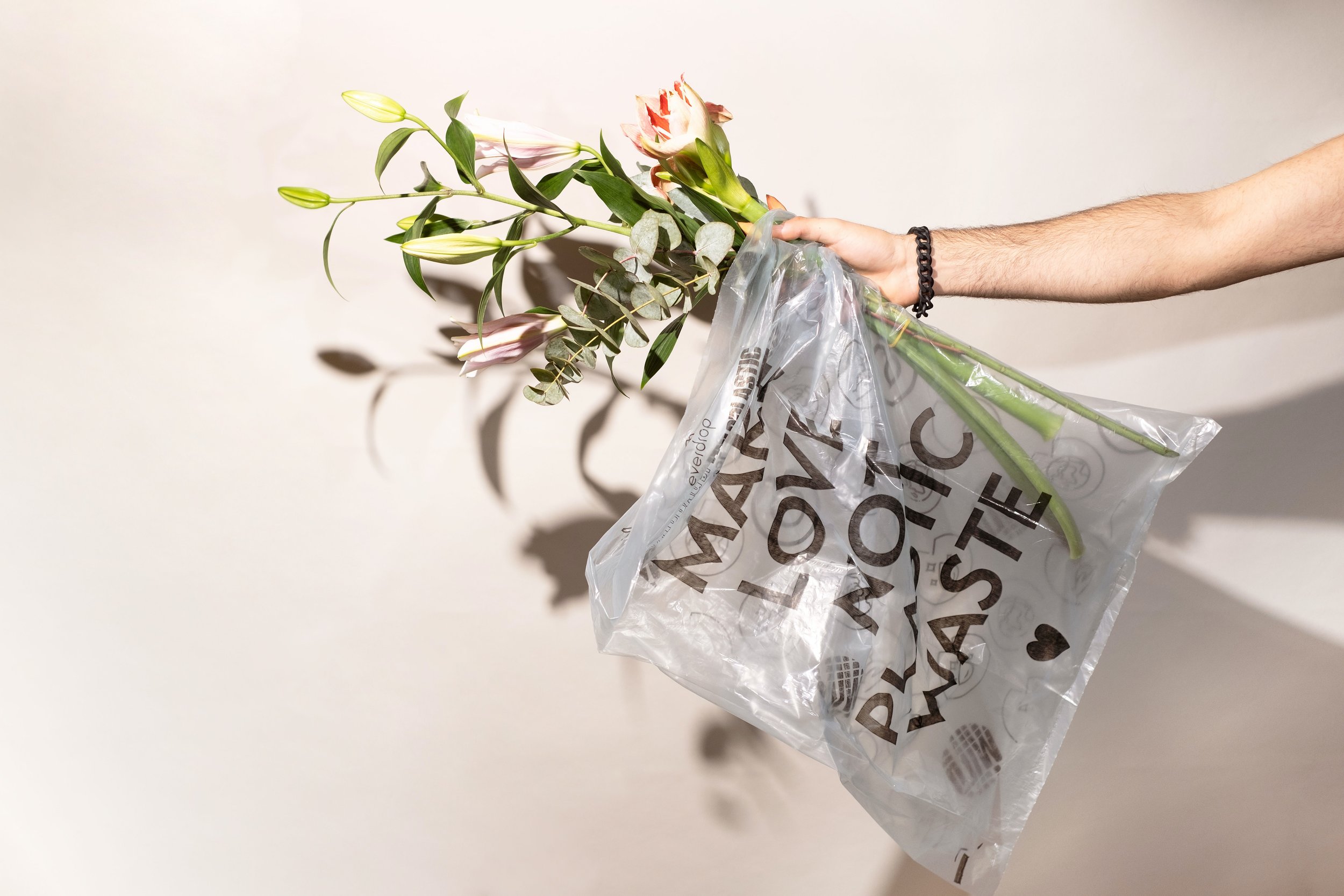Plastic Free…Tourism?
We are reaching the end of another Plastic Free July, an initiative started by the Plastic free Foundation in 2011 with the goal of creating a world free of plastic waste.
We want to support its mission and celebrate the 140 million people who have decided to ‘choose to refuse’ plastic for the entire month, with the hope that these new habits will be carried on beyond the thirty-one days and will be incorporated in the everyday challenge.
As responsible agents of the tourist industry, we cannot avoid asking some questions about the role and responsibilities of the sector with regards to reducing plastic waste.
Photo Credits @Hans Braxmeier from Pixabay
How is the Industry doing?
We all know it is a huge problem on a global scale, and although is often accompanied by an overwhelming feeling, the urgency to act on it is an undeniable imperative.
Echoing the existing widespread appeals, we want to reinforce the message: the time to act is now, because as frightening as it might be, the situation gets worse by the minute, with data showing an extremely sad and catastrophic path for our planet and its species.
The tourism industry carries big responsibility regarding the production of waste and other kinds of pollution. In fact, this sector is not only responsible for creating up to twice as much solid waste per capita as local residents, as reported by the IFC Environmental Health and Safety Guidelines (2007, Washington D.C.), but it also generates a large amount of single-use plastic waste. According to Plastic Oceans, the waste created by tourism represents half of our global annual plastic production, which in turn contributes to climate change and puts further pressure on our environment.
We need to hold the sector accountable, because even though the tourism industry cannot solve the global plastic problem on its own, it can drastically reduce its contribution and impact.
Many initiatives are taken worldwide to reduce, substitute, and replace the single-use plastic in different parts of our industry. Solutions like LRSU Toolkit by Travel without Plastic, focus on the manageable actions that every single hotel can take, multiplying the effect across regions and countries.
However, beyond the individual, valuable responses found and pursued independently, there is a factor that could drive real exponential change.
Influence and Engagement
We believe that the biggest innovation we can cultivate is the monumental power of influence that the tourism sector has in determining the speed and the course of change, especially in terms of mindset.
Leading by example is only one aspect of it.
Engaging guests and customers by implicitly inviting them to embark on the plastic reduction journey with us has proved to be very effective in terms of accelerating behavioural changes, while also being profitable from a business perspective.
However, if we want to boost our impact and effectiveness across the sector, we should start including our whole supply chain in the process.
Asking our business partners (both locally and globally) the right questions, will make everyone realise that we face the same problems, which will provide space for new collaborative solutions. A combination of local skills, unexpected engagement, and the right political influence could provide the necessary boost to support the shared mission and set incremental goals that are achievable.
While reducing pressure on the environment, asking these questions seems to also have the advantage of improving the quality of our relationships with our partners and strengthening the grassroots networks.
Consideration of the environmental impact across the whole supply chain appears to be one of the most effective solutions we can choose, and the following cases show interesting ways of doing this; their success proves that, with the appropriate collaborative mindset, we can go well beyond plastic reduction.
We needed a Boat made of Plastic to see the Circle
A dhow – a traditional sailing boat that in the past has taken merchants to Arabia and India – has been built out of 33 tonnes of plastic waste found on the 10 km beach of Lamu, a small town on the northern coast of Kenya.
The Flipflopi Project – the East African movement responsible for the building of the boat, is a brilliant initiative that has found a way to visualise the problem and the solution at the same time.
Photo Credit @The Flipflopi Project
Since 2019 the boat has travelled to local coastal communities to raise awareness about the issue, working with schools, and involving media, local government representatives, and also artists and scientists.
Looking at the pillars of the circular economy, we can re-imagine the new life that a product can have, and it is suddenly clear that what the innovative economic approach suggests is a more balanced and harmonious way of looking at the potentially never-ending cycles of creativity.
We don’t need to produce new items, we can reuse, repair, recover, even re-gift what we already have.
Although the circular economy might not be the ultimate solution – because we obviously still need to reduce and refuse the use of plastic to avoid creating more waste down the line – a great benefit of the Flipflopi project is to show us the circles we are all in, the ones made of weak links that need to be strengthened, but also the potential ones we are yet to explore.
A strong community is made of strong connections between the individual activities, the economic hubs, the civil society organisations, the local government, but also its artists and skilled entrepreneurs.
The need to learn how to collaborate and engage with and within the local communities we operate in as a sector in the search for solutions that maximise the positive benefits and minimise the impact we leave, becomes even more compelling when facing the plastic issue.
New Grassroots Trends
The City Council of the town of Cumberland, a western suburb of Sydney, Australia, has discovered that the local community has the skills and the ability to find appropriate solutions, and that it is worth asking for its collaboration.
‘Through creative thinking and productive partnerships within the community’, they have been able to engage marginalised women to promote new sources of income for them, and ‘the Bags from Banners’ Project has been reducing the amount of waste needed to be disposed of and processed, and, at the same time, educating its citizens about the issues related to waste and plastic.
Sometimes, it is just a matter of receiving the invitation to participate.
When people are asked to come together, they are moved by a new sense of community, new solutions are found, and social and economic development can be achieved much more easily.
However, to achieve a more structural change, we suspect that we need to move beyond simple participation and re-think the management system of our societies.
Marta Muslin – an Associate to Equality in Tourism and National Coordinator of the Indonesia Waste Platform (IWP) – was invited to participate in one of the ‘UNEP Seminars’ (see video below) that addressed how to integrate gender equality in tourism operations, and was moderated by Travel Matter’s founder Karen Simmonds.
Marta presented an interesting grassroots response to the problem of waste in the eastern regions of Indonesia. What is today called the Komodo Model, started on the island of Komodo in 2020, as an organised answer to the COVID pandemic and the lack of tourism-related jobs.
Defined as a ‘community-based waste management system’, the ‘Komodo model’ is an opportunity to tackle an ongoing waste problem for Indonesian coastal regions, and provides local sustainable development led by local women and young people, while also reducing the pressure on the natural environment caused by traditional frequent burning of waste.
The key to success relies on what is more than simple collaboration. The community-led development project, which is tailor-made to adapt to the different local circumstances is, in fact, based on the involvement of both the central and local government, as well as local non-governmental actors and the Indonesian recycling sector; but also, very importantly, it ‘advocates community engagement in decision-making and management, with a goal of using communities’ local knowledge and resources’.
Moving to New Collective Solutions
By reaching the end of another Plastic Free July, we hope that all the new opportunities to collaborate have lightened the pressure on our environment and reduced the amount of plastic we use.
However, what we hope for the most, is that people become aware – directly or indirectly – that we are all active parts of the solution, and knowing that we are not alone in the challenge, we can realise the immense power we have to transform our own societies.
The plastic issue, as well as the bigger issue of the climate crisis, creates precious opportunities to come together as an industry, and reinvent, redefine, and re-establish how we do tourism. The old practices need to change and make space for new habits.
Photo Credits @WeForum.org
(This blog has been written by Elisa Spampinato, a travel writer & Community Storyteller, CEO & Founder at Traveller Storyteller)

